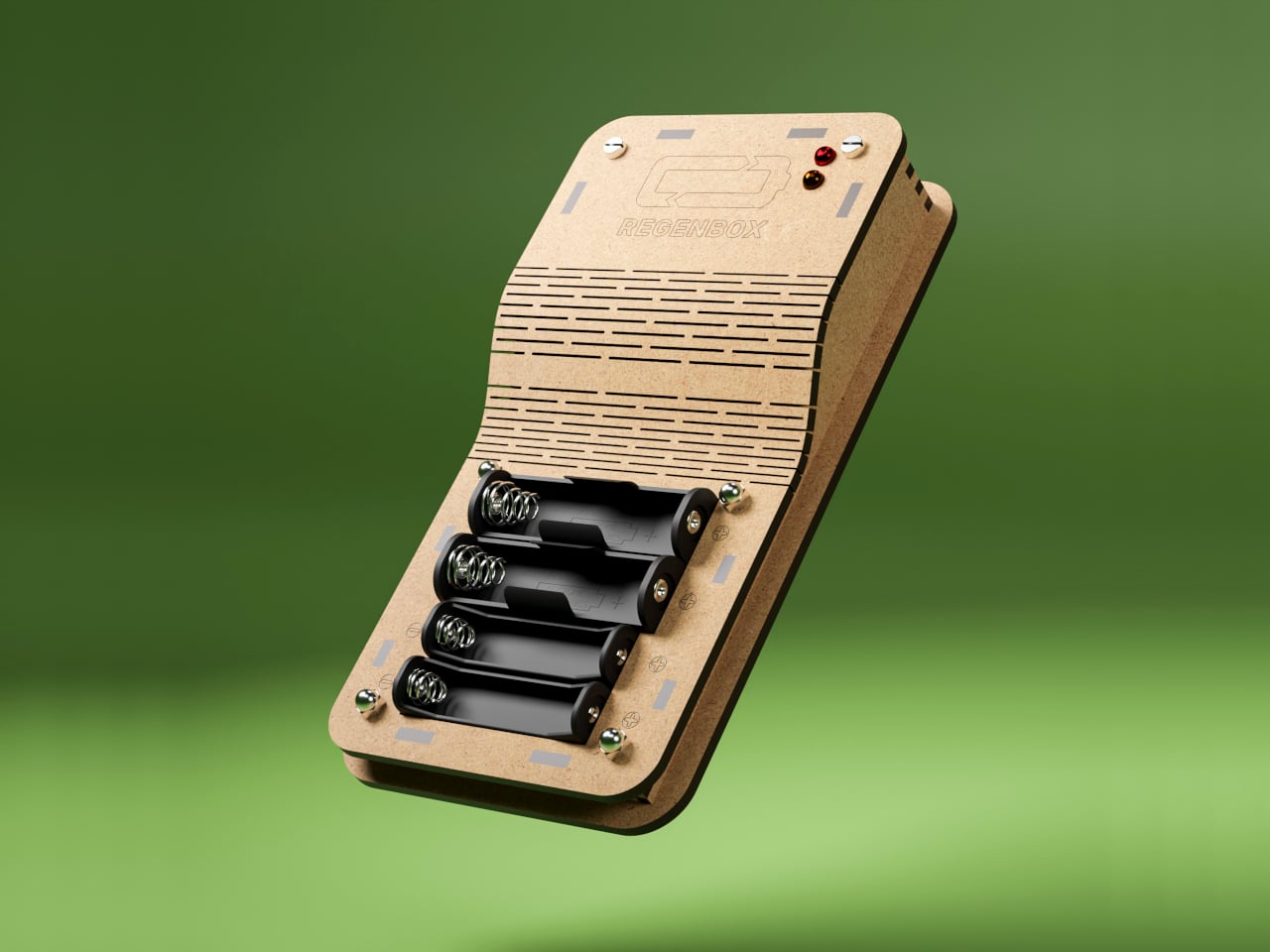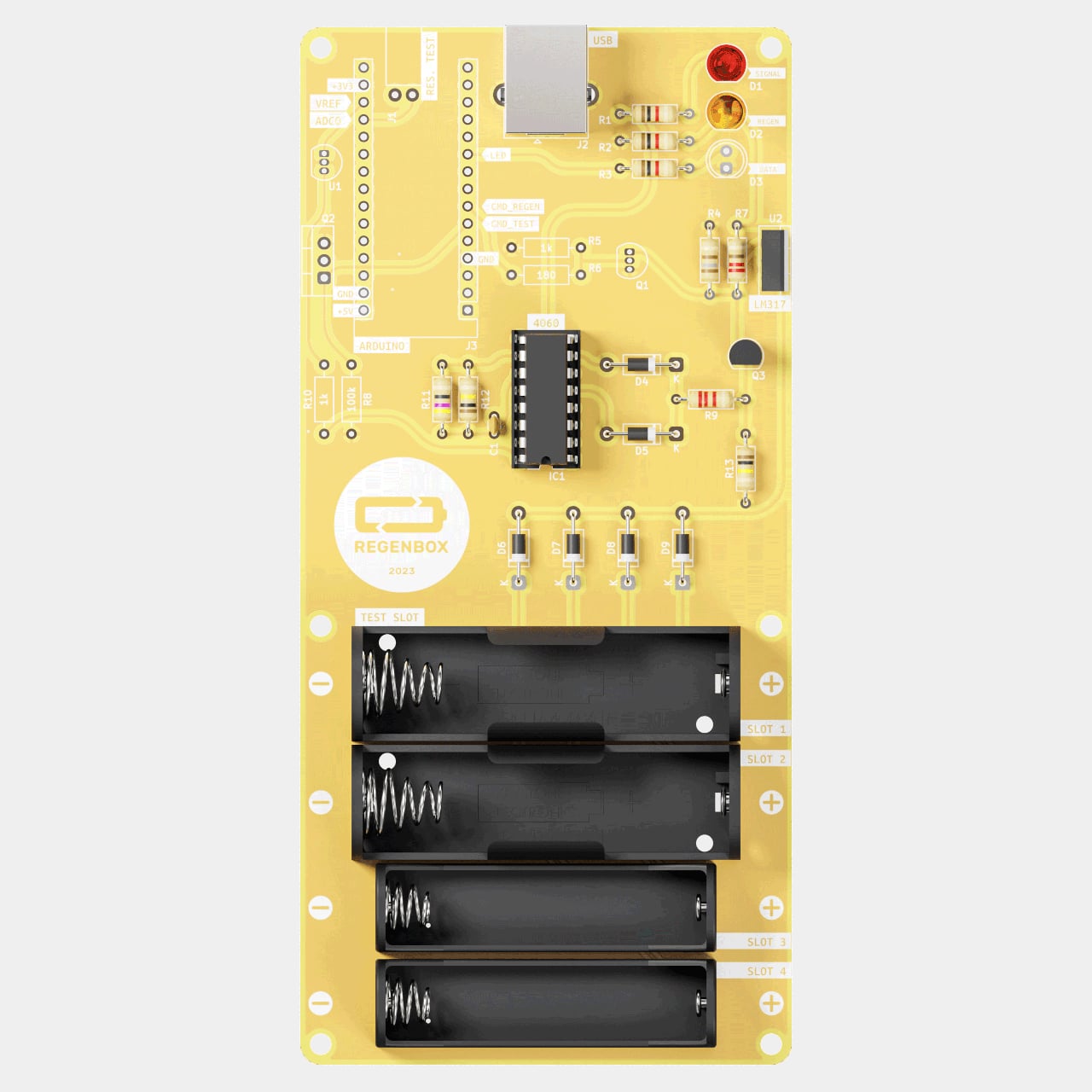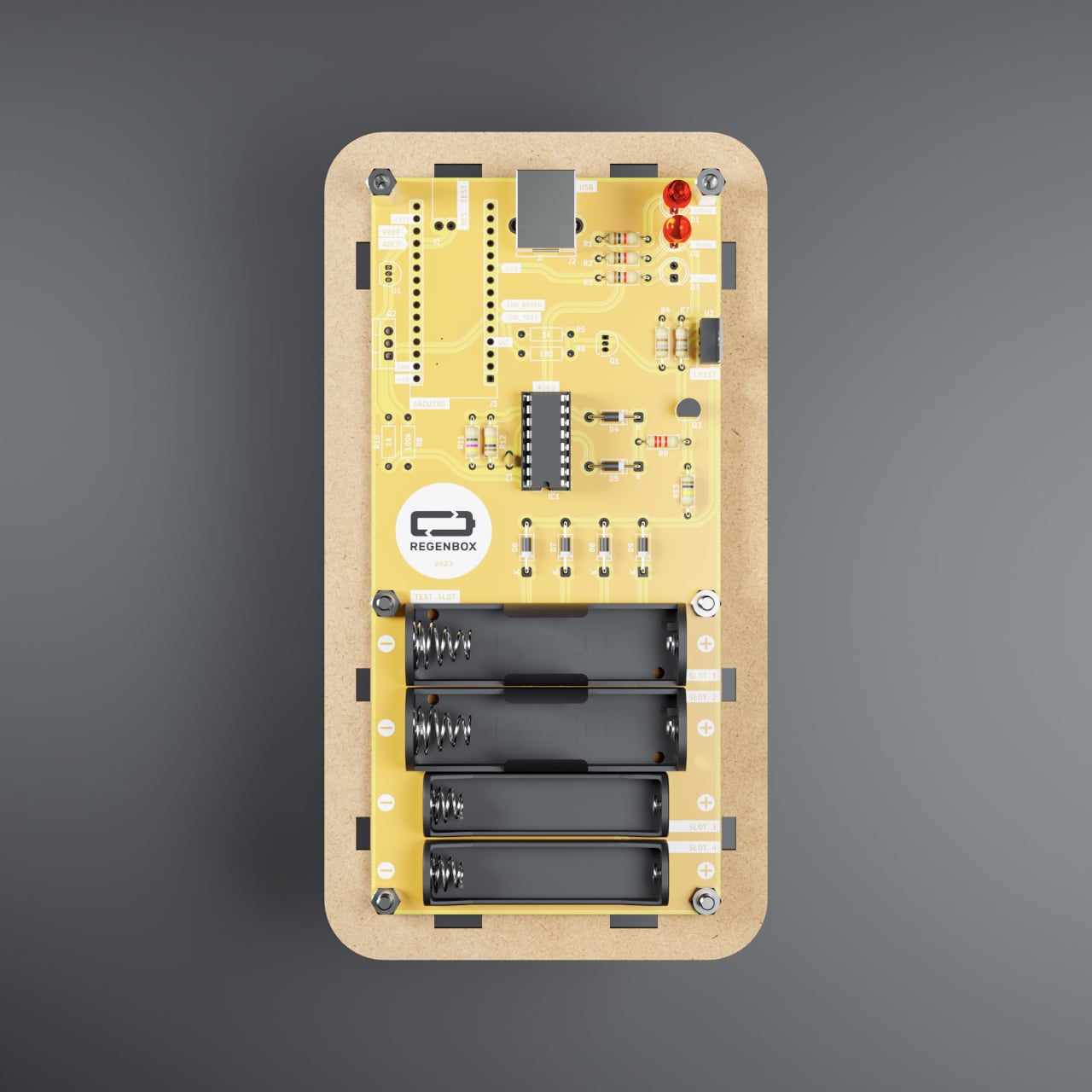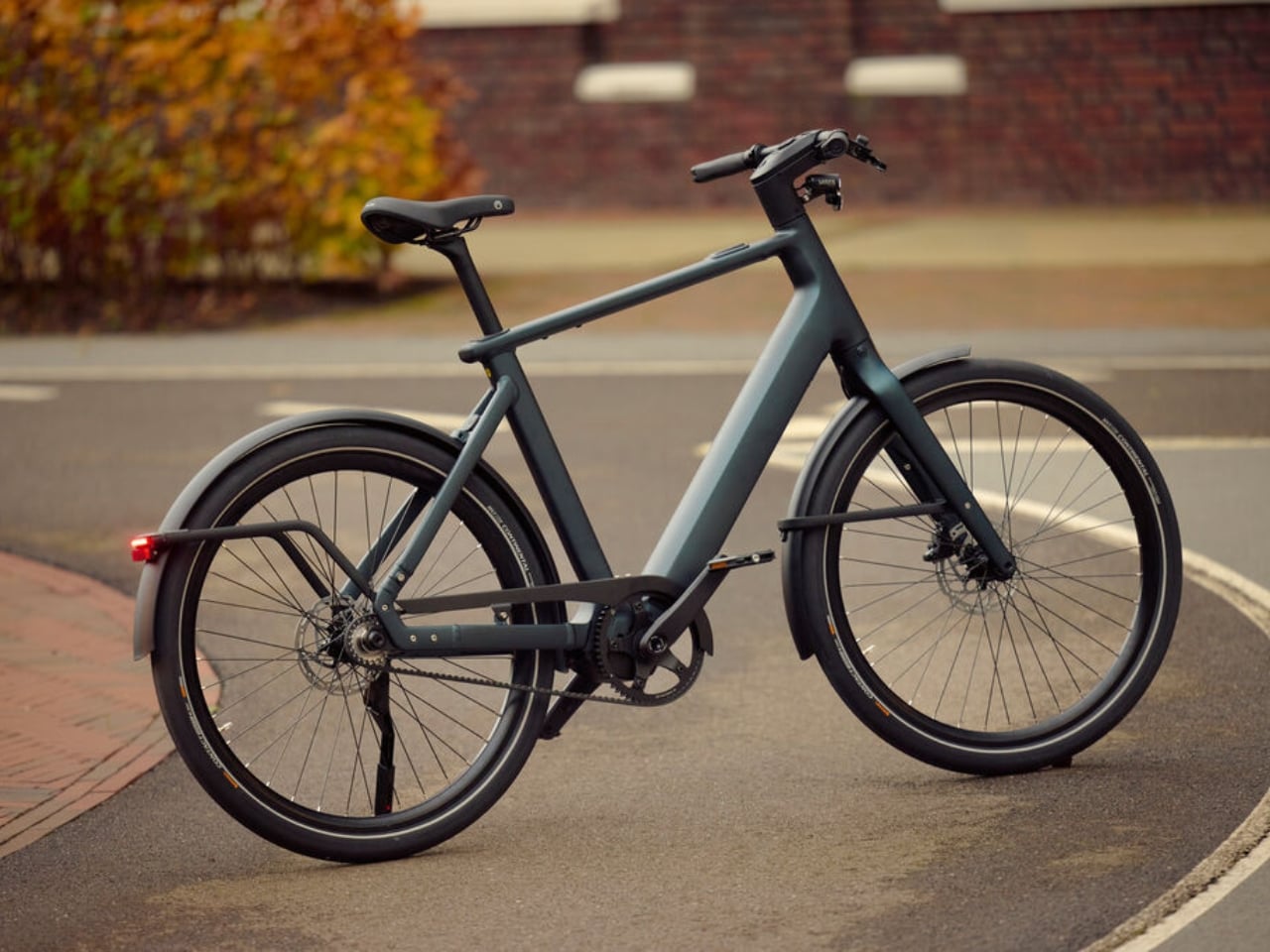
The world’s most prestigious design competition is back, and this year it’s bigger and more exciting than ever. Starting September 15, 2025, the Red Dot Award: Product Design 2026 has officially opens its doors to designers, manufacturers, and innovators worldwide who are ready to showcase their exceptional creations on the global stage.
For over 70 years, the Red Dot Award has been the ultimate benchmark for design excellence, celebrating products that push boundaries and redefine what’s possible. This year’s competition promises to be particularly thrilling, with exciting new developments that reflect our rapidly evolving design landscape.
What’s New for 2026: Gaming & Streaming Takes Center Stage
Perhaps the most exciting addition to this year’s competition is the brand-new Gaming & Streaming category. Recognizing the explosive growth of this industry that now reaches millions worldwide, Red Dot is giving these innovative products the dedicated recognition they deserve. From cutting-edge gaming peripherals to revolutionary streaming equipment, this category acknowledges that gaming and streaming have become key drivers of product innovation in our digital age.
Whether you’ve designed the next game-changing controller, a revolutionary streaming setup, or an immersive VR headset, this new category provides the perfect platform to showcase your work to an international audience of design professionals and enthusiasts.
Click Here to Submit your design to the prestigious Red Dot Award: Product Design 2026!
Drawing Inspiration from Excellence: Here’s our Top 5 picks of 2025
Participation in the Red Dot Award holds significant value for designers seeking to elevate their careers and expand their influence in the design community. Winning this internationally recognized award makes creative skills visible to a global audience, as award-winning products are presented across multiple prestigious platforms including the Red Dot Design Museum Essen, worldwide exhibitions, the Red Dot Design Yearbook, and extensive online and social media channels.
For emerging designers, the recognition can be transformative – supporting product launches, opening doors to new opportunities, and expanding professional networks within the international design industry. The comprehensive visibility and credibility that comes with a Red Dot Award provides designers with a powerful tool to distinguish their work in an increasingly competitive market, while affirming their commitment to excellence in design innovation and quality. To understand what makes a Red Dot winner, let’s look at the ingenious designs that captured hearts and minds in 2025.
Cayo by Koninklijke Gazelle
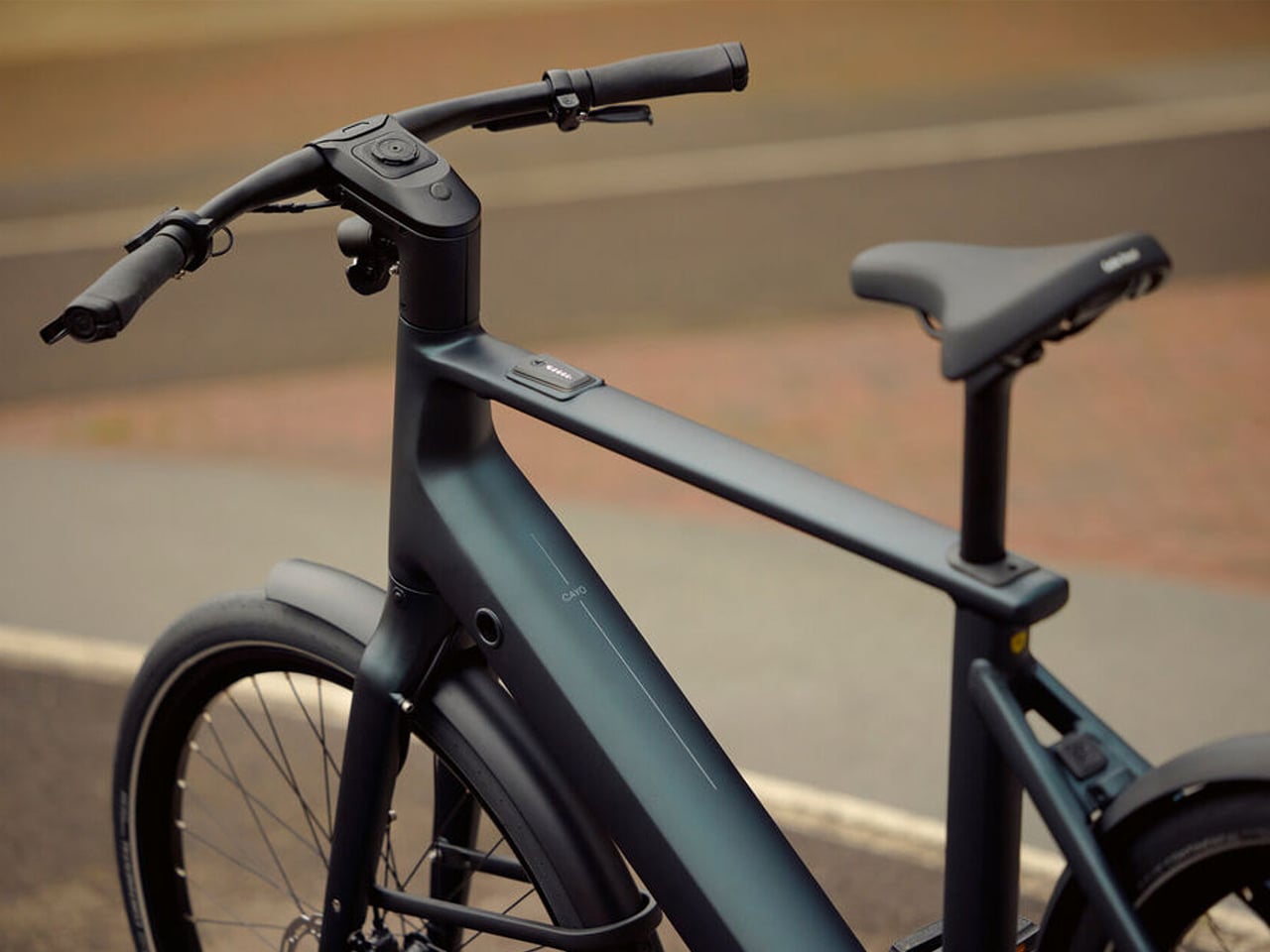
This Dutch e-bike combines minimalist aesthetics with advanced technical innovation, seamlessly integrating all components into a clean, timeless design characterized by clearly defined lines and the absence of superfluous elements. The Cayo bridges traditional cycling culture with the future of urban mobility, proving that everyday transportation on two wheels can embody both urban elegance and cutting-edge technology.
Paper Stick by YONWOO

This revolutionary sustainable packaging solution for stick-form cosmetics eliminates plastic entirely by using moisture-resistant mineral paper made from quarry stone waste that users simply peel off in a spiral motion. The innovative design achieves clean tear-off edges through precision die-cutting while offering manufacturers extensive branding opportunities through customizable printing, hot foil stamping, and various paper types for different tactile experiences.
nwm ONE by NTT sonority, 83Design Inc.

These groundbreaking open-ear headphones strip away traditional cushions and sealing, instead floating around the ears while using proprietary PSZ (Personalised Sound Zone) technology with inverse phase waves to prevent sound leakage. The minimal ring-shaped design features pivoting speaker units that deliver optimized audio directly into the ear canal without physical contact, creating an invisible bubble of sound that only the wearer can hear while staying fully aware of their surroundings.
iA Notebook by Information Architects Inc.

Originally designed as a gift for customers of their text and presentation software, this meticulously crafted notebook employs a lay-flat binding that allows writers to use entire double-page spreads without binding interference. Packaged in a wooden box with an embossed sleeve cover, every detail expresses appreciation for the written word through simple elegance and exceptional craftsmanship that required iterative prototyping to perfect.
VITILITY ID Walking Cane by MIXED.Industries BV
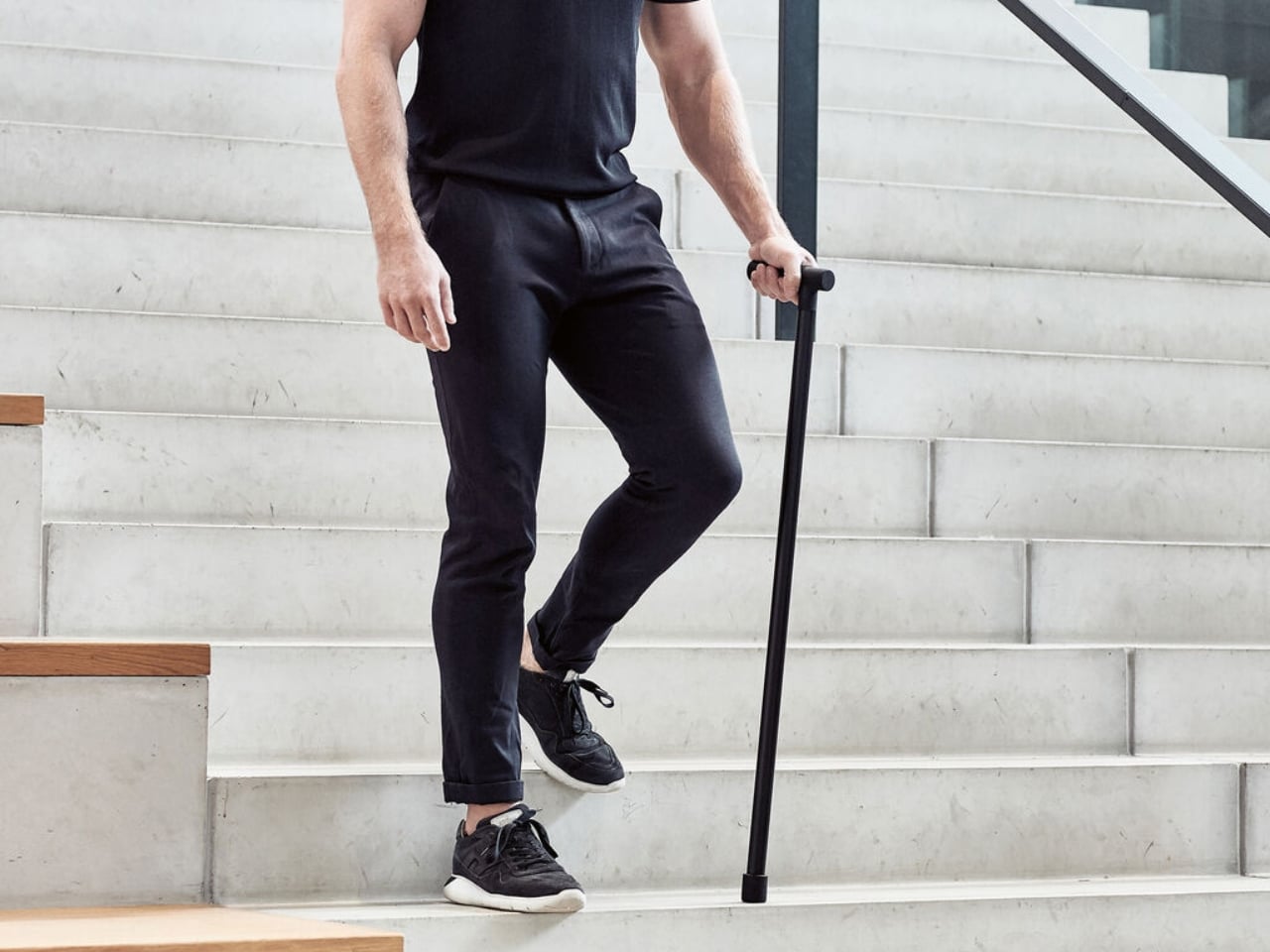
This mobility aid makes a conscious statement against the stigma of aging and physical limitations by combining clear, elegant design with functional excellence that proves good design can change social perceptions. The walking cane allows users who depend on mobility assistance to feel independent and style-conscious, transforming a traditionally stigmatized object into a character-defining accessory.
The Evaluation Process: Where Excellence Meets Expertise
Your submitted products will face scrutiny from approximately 40 international experts representing diverse fields and perspectives. This distinguished jury follows the evaluation philosophy established by Professor Dr. Peter Zec, Red Dot’s Founder and CEO, assessing each entry based on function, aesthetics, ease of use, and responsibility.
The jury awards two levels of distinction: the coveted “Red Dot” award and the prestigious “Red Dot: Best of the Best” for truly exceptional designs that set new standards in their categories.
Important Dates to Remember
Registration Period: September 15, 2025 to January 16, 2026
Jury Evaluation: Spring 2026
Award Ceremony: July 7, 2026

Your Path to Global Recognition
Winners don’t just receive an award. They gain access to a comprehensive platform for showcasing their achievements. Award-winning products are featured in the Red Dot Design Museum Essen, international exhibitions, the prestigious Red Dot Design Yearbook, and across digital platforms reaching design enthusiasts worldwide.
The celebration culminates at the glamorous Red Dot Gala on July 7, 2026, in Essen, where winners are honored before an international audience. For those unable to attend in person, the event will be livestreamed globally, ensuring maximum exposure for your innovative designs.
Ready to join the ranks of design excellence? Visit www.red-dot.org/pd to submit your groundbreaking products and compete for one of the most respected accolades in the design world. The Red Dot Award: Product Design 2026 isn’t just a competition. It’s your gateway to global recognition and design immortality.
The post 5 Red Dot Award Winning Designed to Change the World: Submission Closes January 16, 2026 first appeared on Yanko Design.
